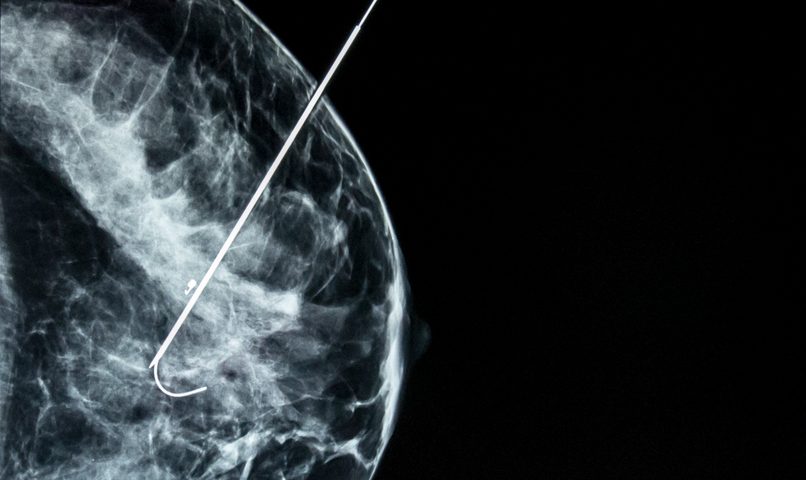A collaborative research study led by researchers at Thomas Jefferson University revealed that energy processes used by breast cancer cells could differ from those of healthy cells, possibly leading to the development of new ways to manage breast cancer tumors.
The study, “TIGAR Metabolically Reprograms Carcinoma and Stromal Cells in Breast Cancer,” were published in The Journal of Biological Chemistry.
According to estimates from the National Cancer Institute, breast cancer, which affects around 12.4 percent of women worldwide, is caused by an abnormal growth of breast cells. Although major advances have already been made in understanding breast cancer and developing several therapeutic approaches for the disease, there is still much that researchers don’t understand about the detailed mechanisms involved in its development.
In this study, researchers investigated the energy mechanisms used by breast cancer cells in transforming calories into energy. They focused on a particular protein, called TIGA, which is known for its involvement in breast cancer cells’ reduced ability to transform sugar into energy. They examined how TIGAR levels influenced breast cancer cells and the surrounding fibroblasts (breast connective tissue cells), as well as the tumor growth.
The researchers found that breast cancer cells producing high levels of the TIGAR protein depended more on mitochondrial energy production pathways. Interestingly, when these breast cancer cells made contact with fibroblasts — the cells that support the development of breast cancer — the opposite mechanism was triggered. TIGAR led fibroblasts to depend more on glycolysis to produce energy rather than mitochondrial processes, increasing tumor growth.
“Our finding is part of a growing interest in studying the metabolic function of cancer,” Ubaldo Martinez-Outschoorn, MD, assistant professor in the Department of Medical Oncology at Thomas Jefferson University and a researcher at the Sidney Kimmel Cancer Center at Jefferson, said in a news release. “The better we understand how cancers thrive, the better we’ll be able to cut off the energy supply they need for survival.”
As some studies have shown that glycolysis-based pathways in cancer cells render the tumor more aggressive, the researchers examined the effect of TIGAR on the tumor aggressiveness in a mouse model. They confirmed that breast tumors with overexpressed TIGAR were more aggressive when compared to tumors expressing normal TIGAR levels.
“The fact that 70-80 percent of breast cancers show high levels of TIGAR presents an opportunity,” Martinez-Outschoorn said. “There are already a number of therapies that block mitochondrial metabolism that we could use to try to ‘starve’ breast cancer cells.”
Drugs such as metformin for diabetes and doxycycline to treat infections are well known to alter mitochondrial function by blocking its energy producing pathway. When the researchers tested these drugs on breast cancer cells overexpressing TIGAR, they consistently observed a decline in the tumors’ aggressiveness.
“Because these drugs are already approved, they have passed safety testing in humans. If they indeed help reduce tumor growth in patients, as our preliminary studies suggest, these drugs could be available to patients as a combination treatment with other drugs much sooner than new therapies,” Martinez-Outschoorn said.
In the future, the researchers plan to test these drugs on patients with breast cancer and see how they affect the aggressiveness of the tumors.

